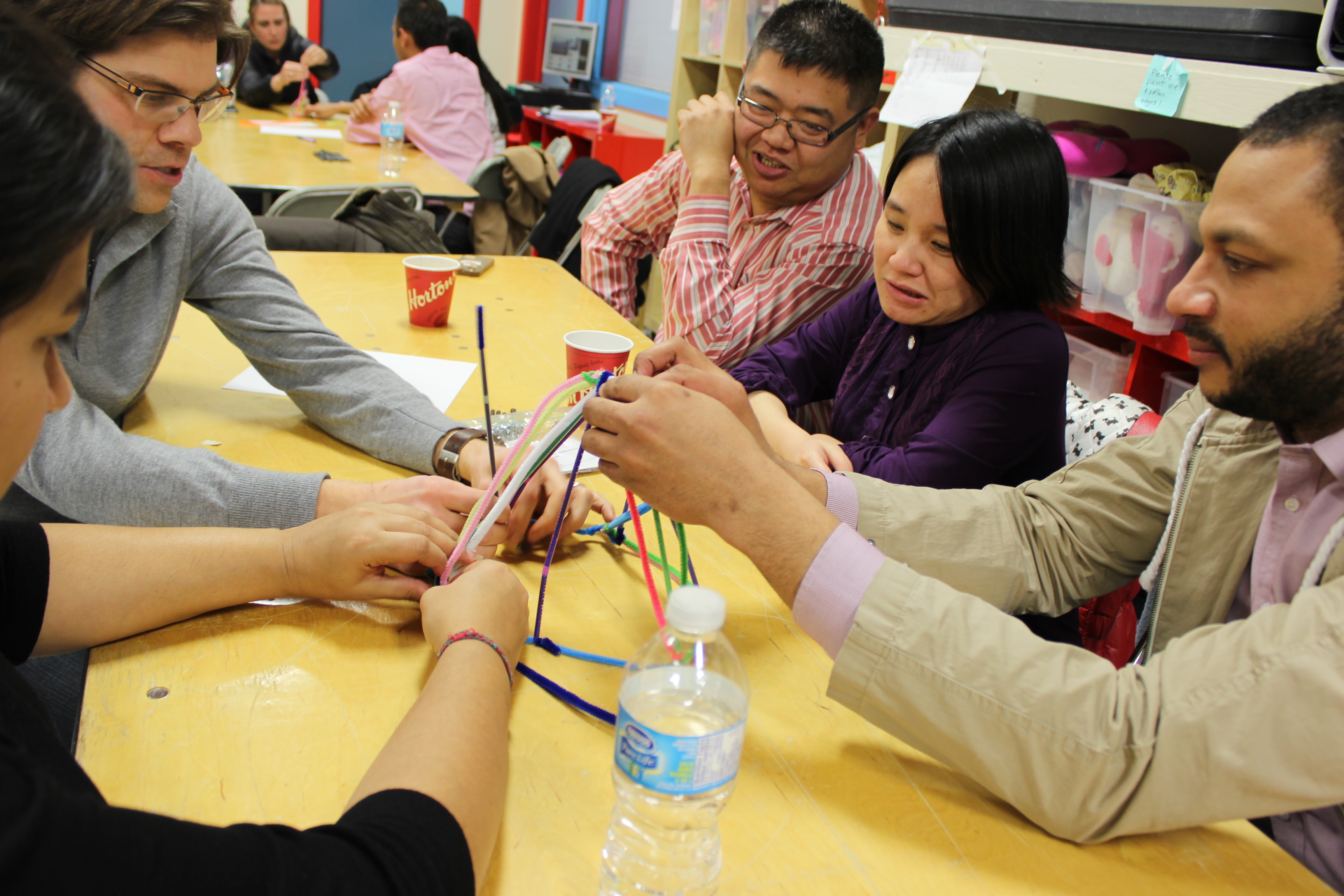Raising children to become generous, loving and socially-conscious citizens starts at an early age. Which is why at Kids U, we are always looking for ways to involve our children in charities. December’s food and toy drive was an immense success, and the Calgary Interfaith Food Bank and Calgary’s Hope Mission were overwhelmed with the generosity of our families!
This month, Kids U Bridgeland will be contributing to the Generations of Hope fundraiser, which will be taking place on March 7th, 2015 at the Telus Spark Center. Not only are we encouraging families and teachers to donate items to the fundraiser’s auction, but we will also be putting up some masterpieces painted by the infants themselves. Parents and guests will have the chance to bid on these precious, one-of-a-kind canvases, and all proceeds from the silent auction will benefit to Generations of Hope.
The children will begin painting their contributions on Tuesday, February 17th, and all items will be available for auction immediately. The silent auction will run from February 23rd to March 6th. If you have any further questions about this amazing charitable opportunity, please see our program coordinators Ms. Cassi or Ms. Kay at the Bridgeland front office.
For more information on this wonderful charity, please visit: www.generationsofhope.ca
















 First of all, Fueling Brains Academy McKnight would like to thank all of the parents who made it to our January Parent Workshop on Thursday, January 22nd. It was a huge success! We absolutely love seeing our parents so involved in the educational progress of our students!
First of all, Fueling Brains Academy McKnight would like to thank all of the parents who made it to our January Parent Workshop on Thursday, January 22nd. It was a huge success! We absolutely love seeing our parents so involved in the educational progress of our students!














